“DNA matters for social equality” is the central message of Kathryn Paige Harden’s new book ‘The Genetic Lottery’. In this adapted extract, she argues that we must escape the trap of assuming that acknowledging biological difference leads inevitably to the justification and compounding of social hierarchy.
My older child struggled to talk. When he was two, he had only a few words, and the pediatrician offered us reassurances—he was fine, just be patient, boys can be late talkers. Six years later, he’s been in hours and hours of speech therapy every week. Therapists have reached into his mouth to hold down the front of his tongue so he can say “cookie” and “go.” He practices holding his jaw and rounding his lips and saying the correct number of syllables before he draws another breath.
During his speech therapy appointments, I sit in the waiting room and read with my younger child, who was a precocious talker. Her speech development felt miraculous in comparison with her older brother’s. What had to be relentlessly practiced with one child emerged with seeming effortlessness in another.
Why can one of my children talk with ease, while the other one labors to be understood? No one can give me a definitive answer. But I can look to twin studies and see that speech problems are over 90 percent heritable. Most of the differences between children in their ability to articulate words are due to genetic differences between them. The genetic influences on speech problems also appear to influence motor skills more generally, a scientific finding that comports with my personal experience. I watched my late talker struggle to learn to crawl, to walk, to ride a scooter.
Of course, the high heritability of speech impairment does not obviate the importance of the environment. The only available interventions for speech problems are environmental ones; no one is CRISPR-ing the genome of the late-talking three-year-old. And we can, unfortunately, find numerous examples of abused, neglected, or abandoned children who were deprived of verbal interactions in their early lives, with devastating results. But against the backdrop of the normal linguistic environment provided in my home, it is likely that my children differ in their verbal development because they differ in which genes they happened to inherit from me and their father.
Discussing the heritability of speech impairment is not, in my personal experience, controversial. Most speech therapists will inquire about one’s family history of speech problems. Most parents of more than one child can observe how differently their children’s speech and language development unfolds. Looking at how my children differ in their ability to articulate words, I can easily see the capricious hand of nature. When it comes to inheriting whatever combination of genetic variants allows one to pronounce a word like “squirrel” by the age of three, my daughter was lucky. My son was not.
Given that the combination of genetic and environmental factors that resulted in her typically developing speech and language abilities were entirely out of her control, it would be very strange to say that my daughter did anything to earn her verbal precocity. Her speaking in complex sentences at any early age doesn’t make her good. If anything, the praiseworthiness belongs to my son, who brings the same deliberate, effortful attention to breath support and intonation to his daily conversations as an opera singer brings to a performance at the Met.










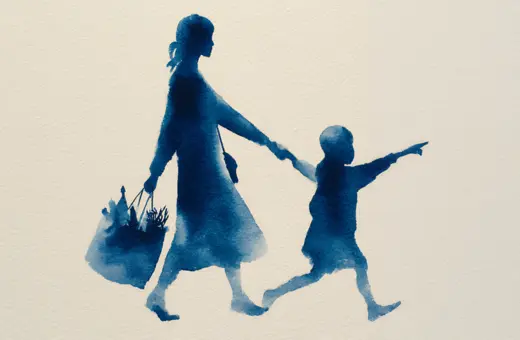

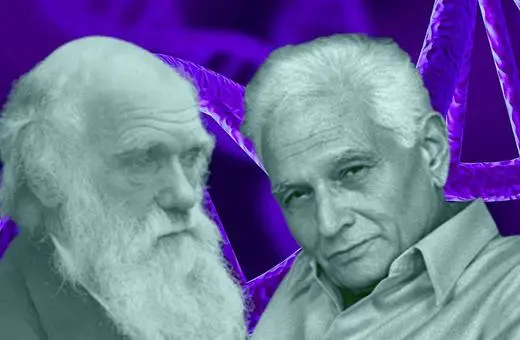

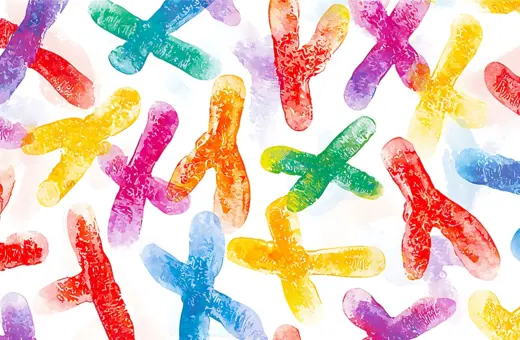
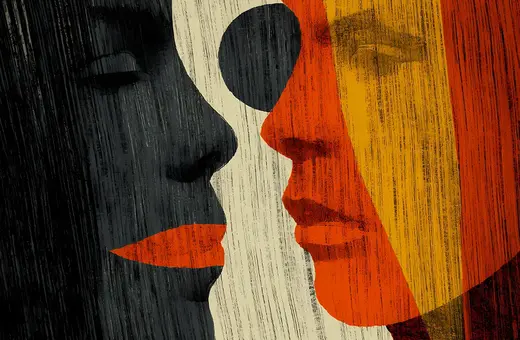

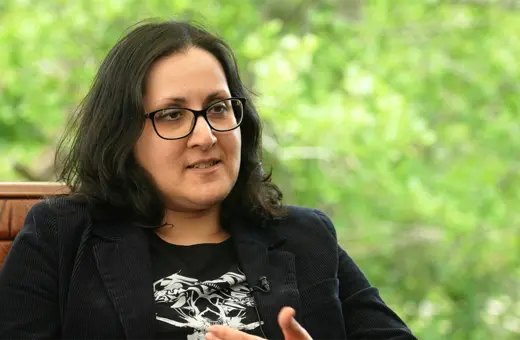



Join the conversation